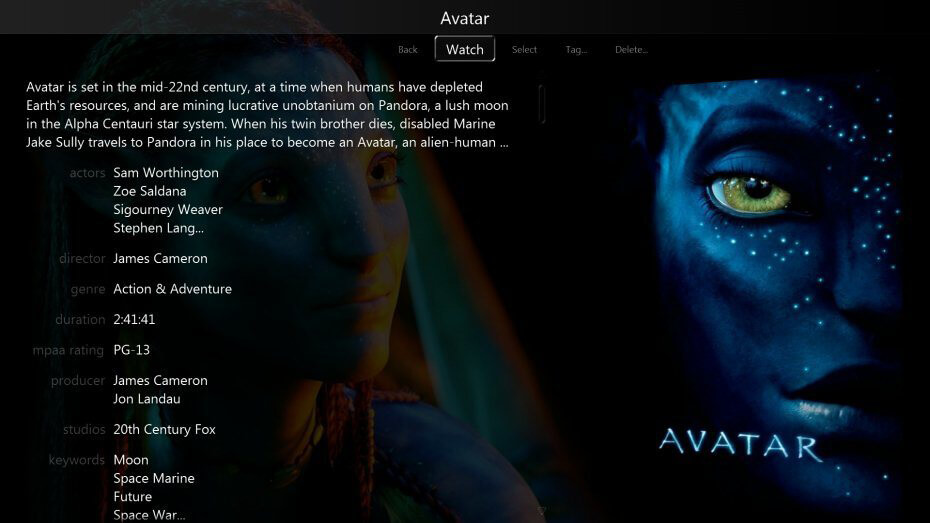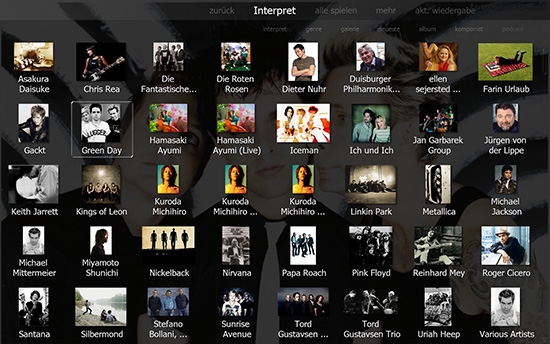


#J RIVERS MEDIA CENTER REVIEW SOFTWARE#
No matter how much I love what Apple did with the iMAC, their music playback software in the end is just not up to par with the Windows options even though the MAC environment would actually be far more favorable had they brought iTunes to the same standard as the direct competition. River or Foobar without such limitations? Why would anybody buy a state-of-the-art 24/192kHz DAC and then spend $400 to have it crippled, especially when the same amount will allow you to run a Windows partition on your MAC and run J. River amongst many others for just $50.Ī light version of Amarra exists which is substantially cheaper ($395) but foregoes the equalizer and is limited to 24/96kHz.
#J RIVERS MEDIA CENTER REVIEW FOR FREE#
Although Amarra-that’s the name of this priceless wonder-allegedly also offers better conversions algorithms and multi-band equalization, its main virtue is to lighten your wallet to the tune of over forty high-resolution downloads, for features Foobar offers for free and J. On MAC, a plug-in for iTunes exists which for a paltry $995 enables changing the sampling rate automatically to read most PCM-based formats. That’s a major pain and does not address the issue for WMA files or for people running iTunes on a PC. There is a way around this issue on a MAC at least for FLAC files using Fluke but FLAC files have to be manually tagged to play in iTunes. Speaking of sampling frequency, iTunes does not enable changing the sampling rate on the Minerva automatically and, up/down sampling will take place any time the current setup does not match the resolution of the file being played.Īnother of iTunes’ sins is that it won’t play back FLAC or WMA files which are becoming the standard for high-resolution downloads on the internet (and the only choices from sites like 2L or Linn Records where Apple Lossless is not an option). On a MAC it is harder to predict and will depend on where the volume setting sits or whether you have picked the correct sampling frequency for the file.

In Windows, be it XP or Vista, you can pretty much expect that music played back through iTunes will have been somehow processed as iTunes does not support ASIO playback at all. iTunes’ first sin is that it does not allow bit-perfect playback with the Minerva, meaning that the data being eventually transferred to the DAC may or may not be the same as what is in the file depending on what processing your computer may apply. This review page is supported in part by the sponsors whose ad banners are displayed belowīack to playback software, let’s start with the most famous and probably most crippled of them all, iTunes.


 0 kommentar(er)
0 kommentar(er)
